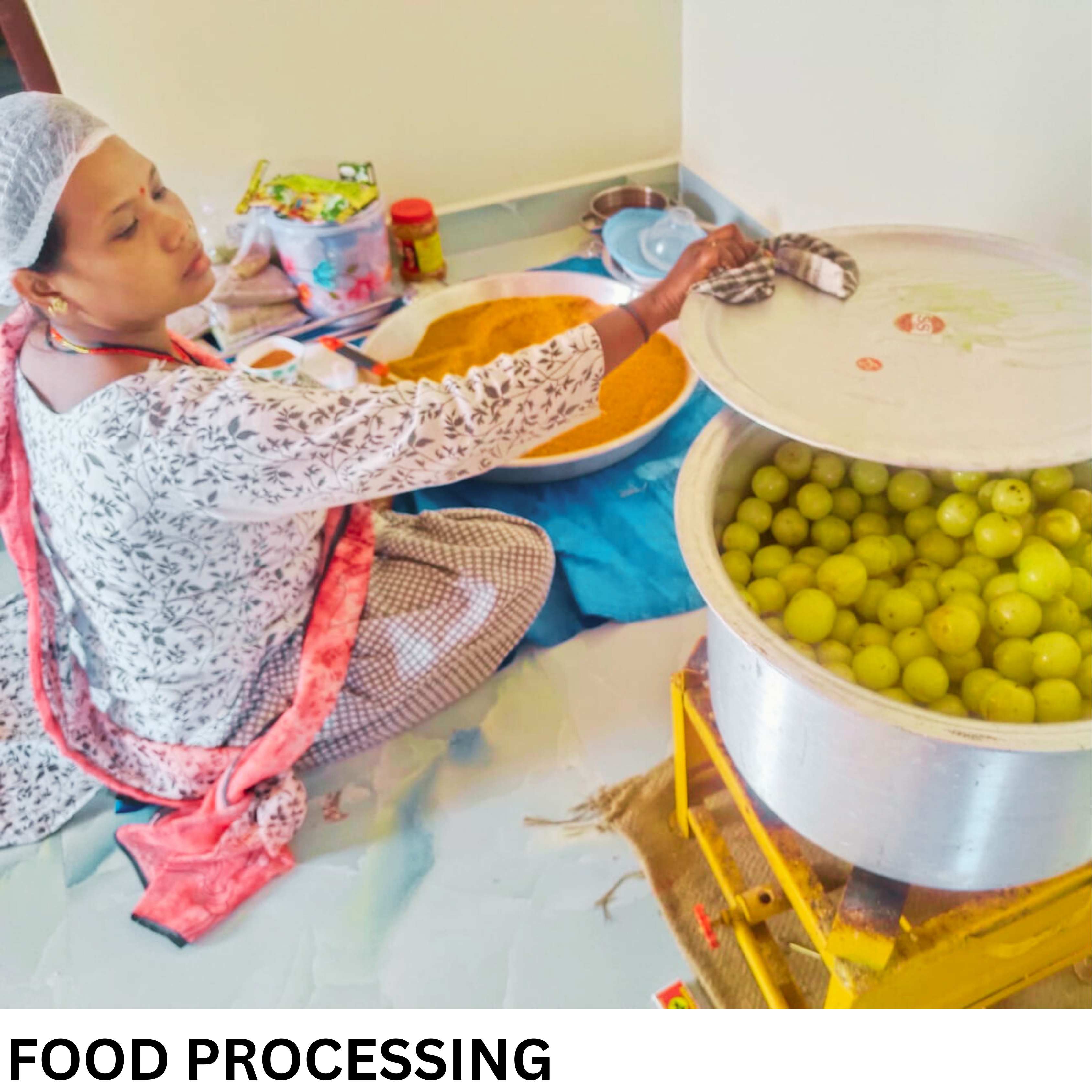
Antar Bai’s quiet transformation through food
In the Udaipur village, nestled in the ………………… block of Madhya Pradesh’s
Dewas district, lives Antar Bai Rao, a 42-year-old mother of four and a farmer.
Life has always been demanding — from sunrise till late evening, she juggled
household chores, looked after her livestock, and worked in the fields. But for
the past few years, something had changed. Her limbs felt heavier, her energy
slipped away faster, and a constant, dull pain in her joints made even everyday
tasks feel like burdens.
I used to think this is what aging feels like, Antar Bai says. I never
thought food had anything to do with how I felt.
That changed when Pushpa Malviya, a Nutri Sakhi trained under the Good
Farming–Good Food–Good Health initiative by Solidaridad, came to her doorstep.
As part of the programme’s community outreach, Pushpa was on a mission — to
help rural women rediscover health and strength through nutrition.
Pushpa spoke to Antar Bai not in complicated terms but in the language
of the kitchen — the most familiar space to every rural woman. She asked simple
questions: What do you usually eat? Do you cook vegetables daily? Do your
children drink milk?
Antar Bai’s answers were typical of many families in the area: wheat
rotis, some rice, a little dal, and vegetables when available. But protein?
Iron? Calcium? These were missing in both her diet and her vocabulary.
Over the next few weeks, Pushpa encouraged her to try drumstick leaves,
which grew abundantly near her house but were hardly used in meals. She also
introduced soya nuggets, a rich, affordable source of protein available in the
local market for just ₹60–70 a kilo. Through a hands-on recipe session in the
village, Antar Bai learned how to make soya pulao and drumstick curry—dishes
that were both simple and nourishing.
I never thought drumstick leaves could help my bones, Antar Bai says
with a laugh. I used to think they were just good for livestock.
Within weeks of including these new foods in her daily cooking, Antar
Bai noticed a change. The constant fatigue that clung to her began to ease. Her
knees no longer ached with every movement. She felt stronger — not like a
different person, but like herself again.
She didn’t stop there. Her children, too, started eating better. She
began packing school tiffins with soya cutlets, roasted chana, and even
experimented with seasonal leafy vegetables in parathas. Her husband, initially
skeptical, admitted he too felt lighter and more active.
What makes this story remarkable isn’t just Antar Bai’s recovery — it’s
how simple, local knowledge transformed her life. No pills. No expensive
supplements. Just awareness and support, delivered through the right channel.
Today, Antar Bai shares her experience with other women in her self-help
group. She speaks confidently at community meetings, encouraging others to take
small steps. You don’t need a big farm or lots of money to eat healthily, she
says. You just need to know what your body needs—and it’s often growing right
outside your door.


